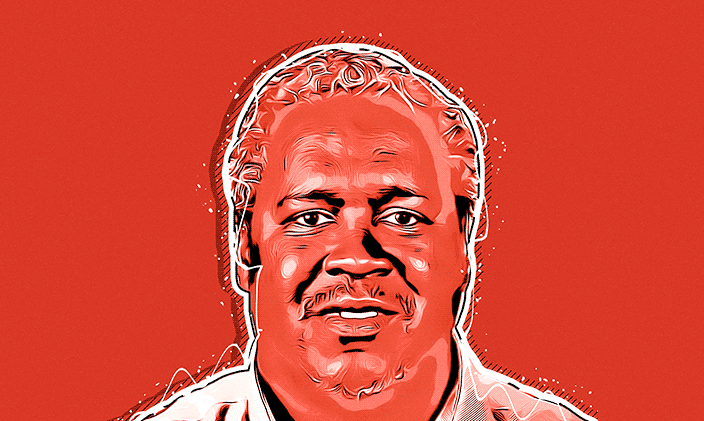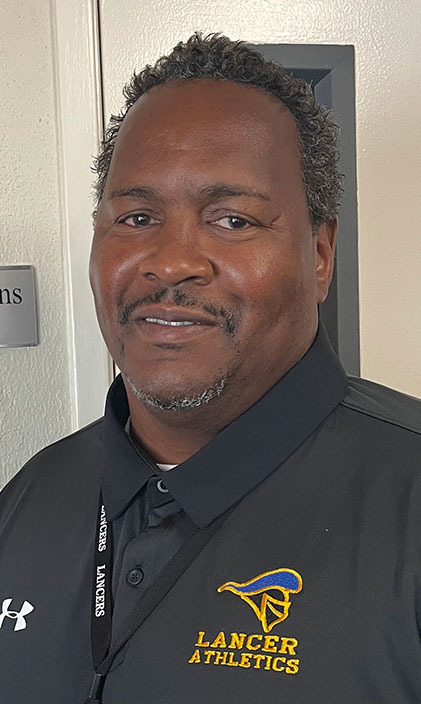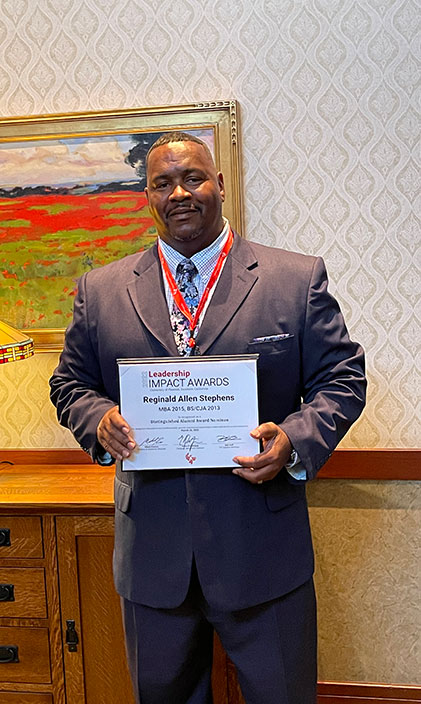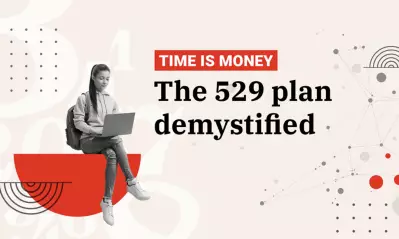Committed to stepping up and helping out

Written by Elizabeth Exline

“I’m used to obstacles. I’m used to hurt.”
That’s Reginald A. Stephens, MBA, EdD. Proving that context is everything, Stephens says these words not out of despair but as a matter-of-fact response to a difficult situation. Pain is part of life. It’s how you respond that matters.
Stephens, for the record, has responded in a variety of ways. There’s his career for starters. He’s been a sous chef, an NFL player and a security manager at the J. Paul Getty Museum in Los Angeles. He’s worked at a crime-ravaged Los Angeles high school where someone was murdered in front of him. He’s spent two years feeding the homeless out of his own kitchen. He loves to roller-skate, he’s working on a book — oh, and he’s currently the vice principal at Western Christian High School in Upland, California.
But as Stephens will tell you, this is just the beginning. The essence of who he truly is may be best illustrated by a pivotal life event that occurred while he was working at that tough high school in LA.
“I heard there were 16 seniors who were planning to drop out,” he recalls, “so I went to the principal and asked if I could speak to the students, not knowing what I was going to say or even do. I just wanted to hear their stories.”
Stephens brought pizza and soft drinks and spent two hours crying and listening to the students’ stories. Some, he learned, were dropping out because of the gangs. Two girls were pregnant. Some were dropping out because their parents were in gangs.

“So, I wept and prayed. Then, an idea came to me. I told each of the students, ‘I refuse to let any of you drop out. Not on my watch.’ I told them I would go back to school with them,” he says. “That day, we drew up 17 contracts [stating] that I would return to school for one year only if all 16 stayed in school and graduated. … They all graduated.”
Fourteen went on to college. And so did Stephens. He enrolled at University of Phoenix (UPOX) two days after the contracts were signed and went on to earn his Bachelor of Science in Criminal Justice; then, 16 months later, his MBA. He recently earned his doctorate in education.
And those students? They built lives and careers — and they still stay in touch with Stephens. “This is my reason for becoming a Phoenix,” he adds. “Not just because we rise from the ashes. But we fly at low levels sometimes to bring others along.”
“I’m ready”
Stephens’ path to that moment was, in some ways, as rocky as the one his students had trodden. He was born and raised in Detroit, one of four boys who lived in the city but who spent weekends working on their grandparents’ farm. When he was 11, Stephens’ father passed away.
This was the first of several traumatic events that would punctuate Stephens’ life. His response was to stop talking for a year. He stopped eating the foods he and his dad had shared. He slipped into the background at school, dealing with the occasional scuffle in silence. His mom gave him the space he needed, surrounding him with uncles and his grandfather as a circle of support while he grieved.
“Then I came out of it,” he says simply. “My first words to my mom were, I think, ‘I’m ready.’”
Stephens, as it turned out, was ready for quite a lot. He finished high school and started working odd jobs while practicing football with semi-pro teams. He discovered a talent for cooking and worked as a sous chef. He also fathered a child, a girl named Erica, whose lungs were underdeveloped and who lived less than a month in the hospital.
“I was in the hospital the entire month she was alive,” he recalls. “She was in critical condition, and I stayed there until they turned the machines off. They let me hold her. She opened her eyes, smiled and just passed away in my arms.”
Stephens still carries her photos with him, still retains the commitment that experience seared into him. For that was the moment, he says, that he dedicated his life to children.
Finding his calling
Stephens’ commitment grew over time. He moved to LA to play on the Los Angeles Rams’ practice squad between 1990 and 1993. While this didn’t make him a “superstar,” it did give him a platform through which he could connect with youth. His church also helped facilitate these opportunities through youth groups and speaking engagements.

When he left football, he took a detour into another field that interested him: security. He worked with the J. Paul Getty Museum for close to a decade before hitting a ceiling in his career. He thought about joining the police force at that time, but his mother feared for his safety, so he took a different job instead. The problem was that job was just as dangerous.
“I met this young lady who had heard about me,” Stephens says. “She said, ‘Hey, I’m a principal at a school. It’s in the worst part of LA, and we’re having problems with gangs. Can you come and help?’”
Stephens did, and it was a career that was to change his life.
Despite watching someone get murdered in front of him (a warning, he suspects, to stay out of gang affairs), and despite there being a hit out on him during his first week on the job, Stephens persevered. He collaborated with the police and made that same school one of the safest after two years.
Today, Stephens still works with kids, but he’s increasingly focused on how he can make an even bigger impact. He knows he has a gift for connecting with youth. He knows he has hard-earned wisdom to share. Here, he shares some of that to explore where his drive comes from and where he sees it taking him.
What was your college experience like given that you’d graduated high school more than 20 years earlier?
It was hard, I’ll be honest with you. It was hard learning how to manage my time. I remember some of the first classes I took while I was at UOPX. They talked about time management, and that scared me because I knew my time management had gotten a little loose. I wasn’t in that football and training mode. But I’m very competitive. I knew that if I bought in, I would go all the way, no matter what the obstacles were.
Where is your commitment to overcoming obstacles rooted?
My parents and God. I grew up on a farm, watching my mom, my dad and my family. I learned the value of working hard. I learned that if you sow, you shall receive. That was probably the biggest lesson to learn: If you pour into something, you’re gonna get something back.
How did you cope when you were let go from the LA high school where you’d made such an impact?
I went home, I looked in my refrigerator, and I pulled out all the food in there. I cooked most of it and went out and fed the homeless. I just had to do something. I fed the homeless for two years straight.
I had more food in my refrigerator when I was laid off than I did when I was working. I didn’t get unemployment [benefits]. I had a little bit of savings that I tapped out within a year. But God sustained me. All my mortgage payments were made. Almost everything was paid while I was laid off. It was a blessing, a miracle, because people would send money to me. Friends would say, “Hey man, I know you need $100,” or, “I know you need this.” And for two years everything was paid. So, I had to give back.
What’s next for you?
My No.1 goal is the book. And to get on speaking tours, to be able to get out the story that I’m telling you. The things I’ve told you are only the tip of the iceberg. I really want to share with the youth and other people about how to overcome challenges.
I can sit here for hours and tell you some of the things I’ve experienced: being shot at, running into houses on fire to save lives. I want to be able to share that, not to brag, but just to tell people that there’s opportunity and there are challenges out there. It’s about helping other people. It’s about stepping up.
Why do you think that message is necessary today?
Because we have a society in which [few] take the time to sit quietly and listen to their souls. And I want to be the caller to say, “Step back, take some quiet time, listen to your soul. There is light at the end of the tunnel, and it doesn’t have to be a train. It can be something else. Maybe that light is trying to draw you in to step into something brand new.”

ABOUT THE AUTHOR
Elizabeth Exline has been telling stories ever since she won a writing contest in third grade. She's covered design and architecture, travel, lifestyle content and a host of other topics for national, regional, local and brand publications. Additionally, she's worked in content development for Marriott International and manuscript development for a variety of authors.
Read more articles like this:



